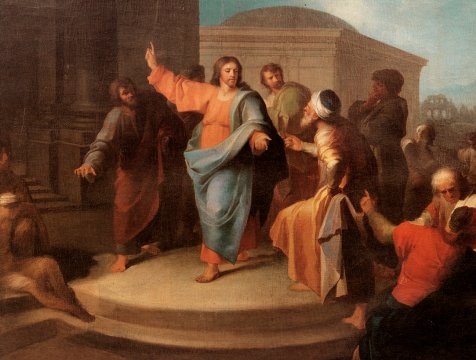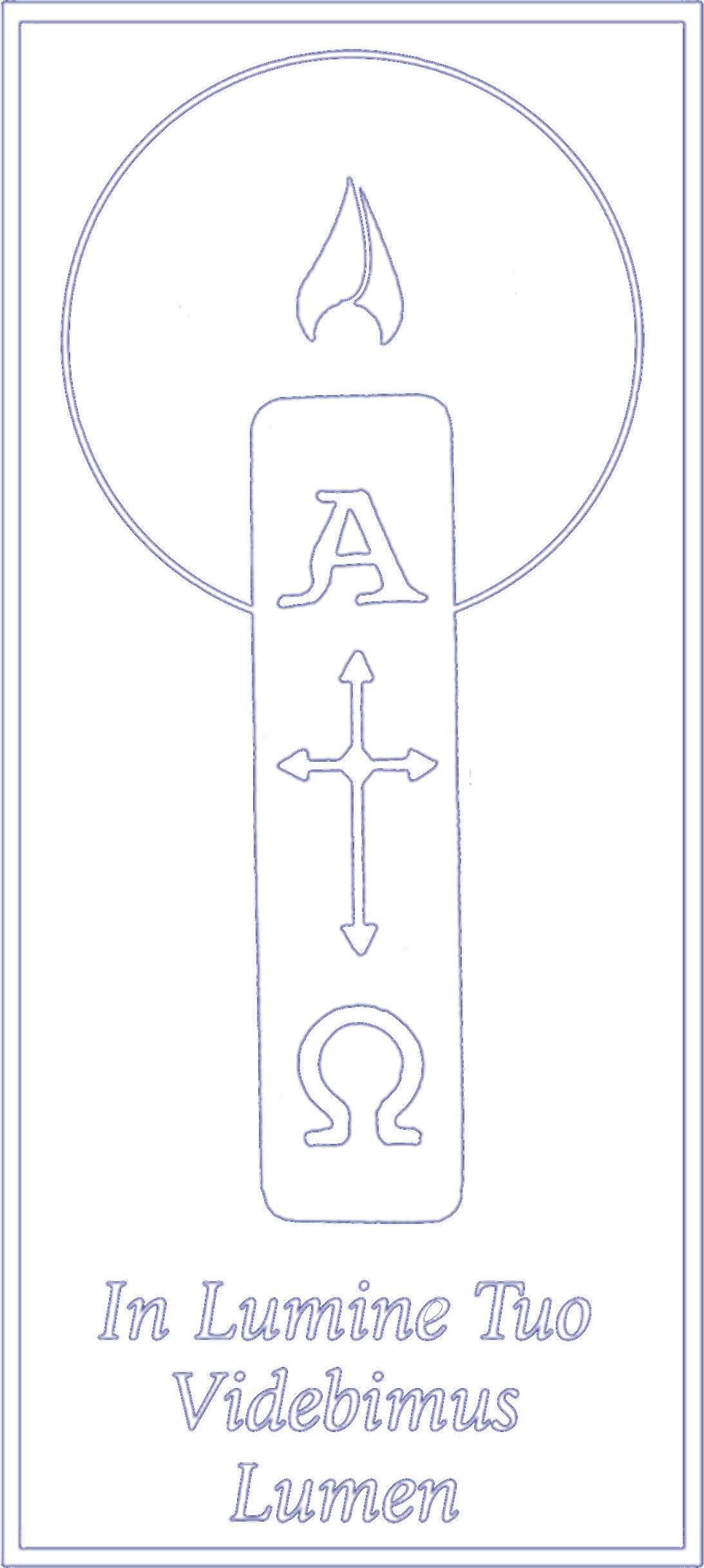What is Caesar's? What is God's? Church, State, and Society in Catholic Social Teaching

Scott RonigerLoyola Marymount University
REGISTER HERE
Open to current students and faculty. Lunch will be served.
Recent controversies in Catholic political thought have raised anew the question of the proper relationship between Church and state. In this lunchtime discussion, we will look at fundamental texts from the Catholic intellectual tradition that shed light on this issue. These texts articulate distinctions that show what the state is - and what it is not - as well as what the Church is - and what it is not - so that we can better appreciate how the Church is related to social and political life. Our discussion will be primarily philosophical and theological, paying close attention to the historical setting of the Church's social teaching and its practical repercussions.
Scott J. Roniger is Associate Professor of Philosophy at Loyola Marymount University in Los Angeles, where he currently holds the Fr. Robert H. Taylor, SJ Chair in Philosophy and directs the Lonergan Center for Catholic Faith and Culture. He earned a Baccalaureate in Sacred Theology (STB), summa cum laude, and a Masters of Sacred Theology, magna cum laude, from the Pontifical University of St. Thomas Aquinas in Rome. He then earned a Master of Arts in Philosophy from the University of Chicago and a Licentiate in Philosophy (Ph.L.), summa cum laude, from the Pontifical University of the Holy Cross in Rome. He earned his doctorate in philosophy, with distinction, from The Catholic University of America under the direction of Robert Sokolowski. He has published scholarly articles on metaphysics, Catholic social teaching, phenomenology, ethics and political philosophy, and philosophy and literature. He is currently editing a collection of essays by Russell Hittinger on natural law and Catholic social teaching. His research recapitulates themes in Plato, Aristotle, St. Augustine, St. Thomas Aquinas, and Husserlian phenomenology. He regularly teaches classes on these topics and figures, as well as classes at the intersection of literature, philosophy, and theology.





